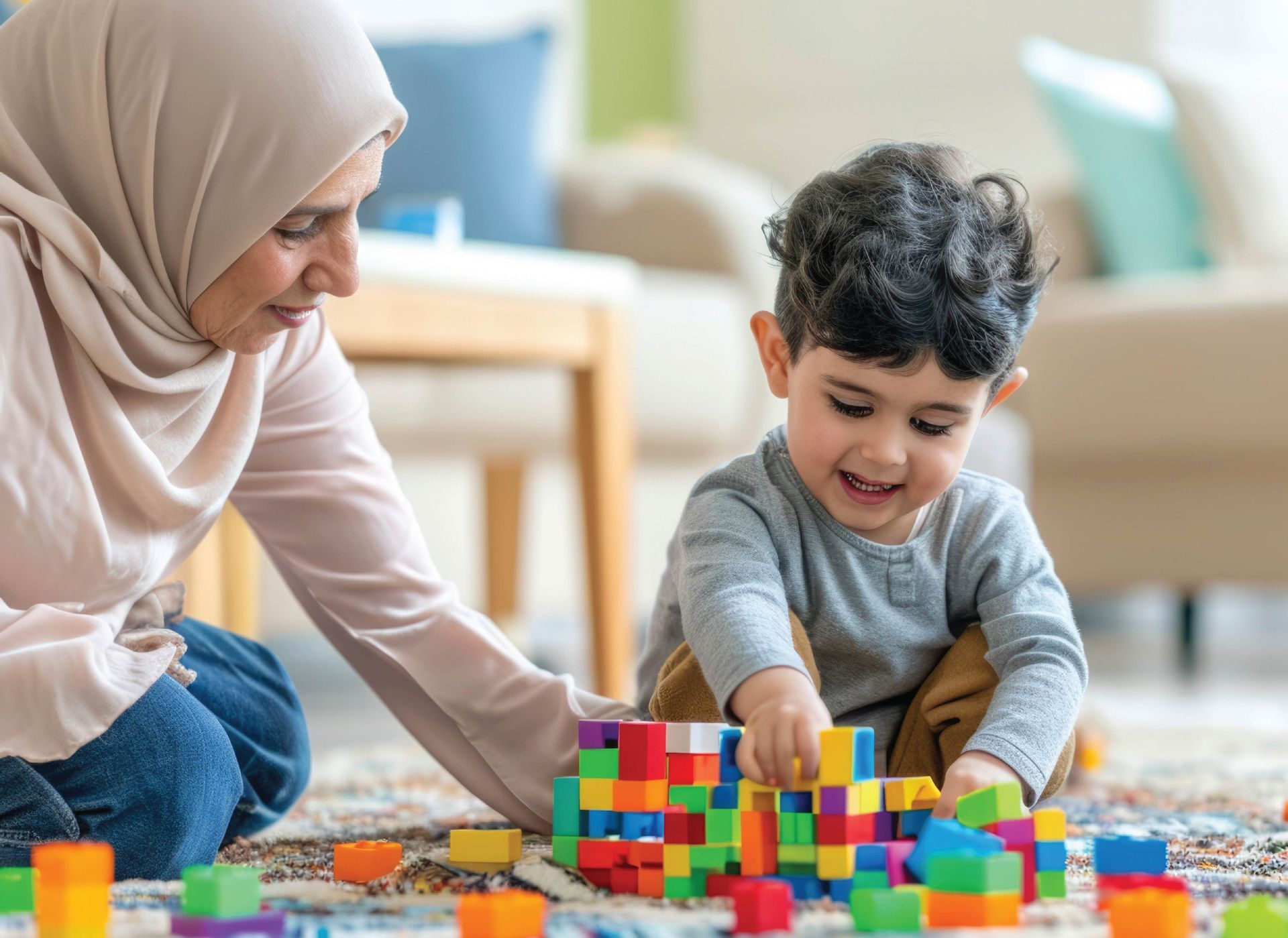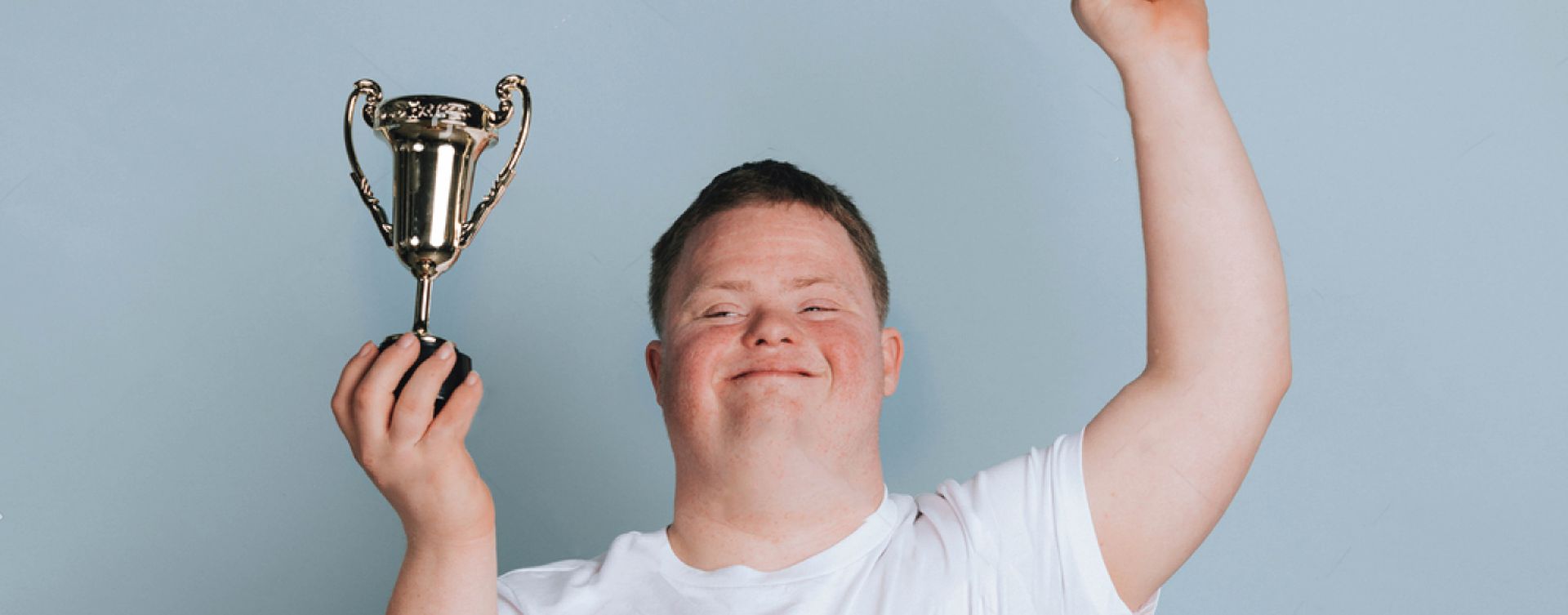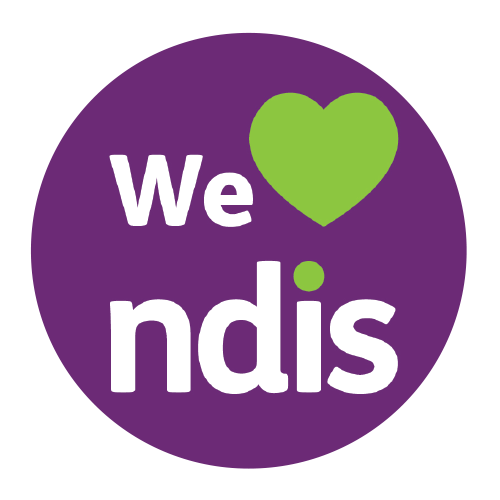67 Minutes of Kindness- Mandela Day
Nelson Rolihlala Mandela:
18 July 1918 – 5 December 2013
67 Years in the fight for Human Rights, Freedom and Reconciliation
for 67 Minutes of your time for Kindness!
On the 18 July, we celebrate the birthday of Nelson Mandela – a man of integrity, kindness and a passion for peace and reconciliation. We give thanks to his incredible legacy that spans generations with a celebration of giving back to the community.
Called into action on the by the United Nations General Assembly in 2013 – the 18th July is a global celebration of the life and commitment of Nelson Mandela – a global call to action for people to recognise their power to change the world around them.
Nelson Mandela’s hope for the 67 Minutes Campaign was that just 67 minutes of giving back to the community would inspire us all to perform regular acts of community service, collectively becoming a society who devote time to improve conditions in our community:
Changing Lives for the Better – Every Day!
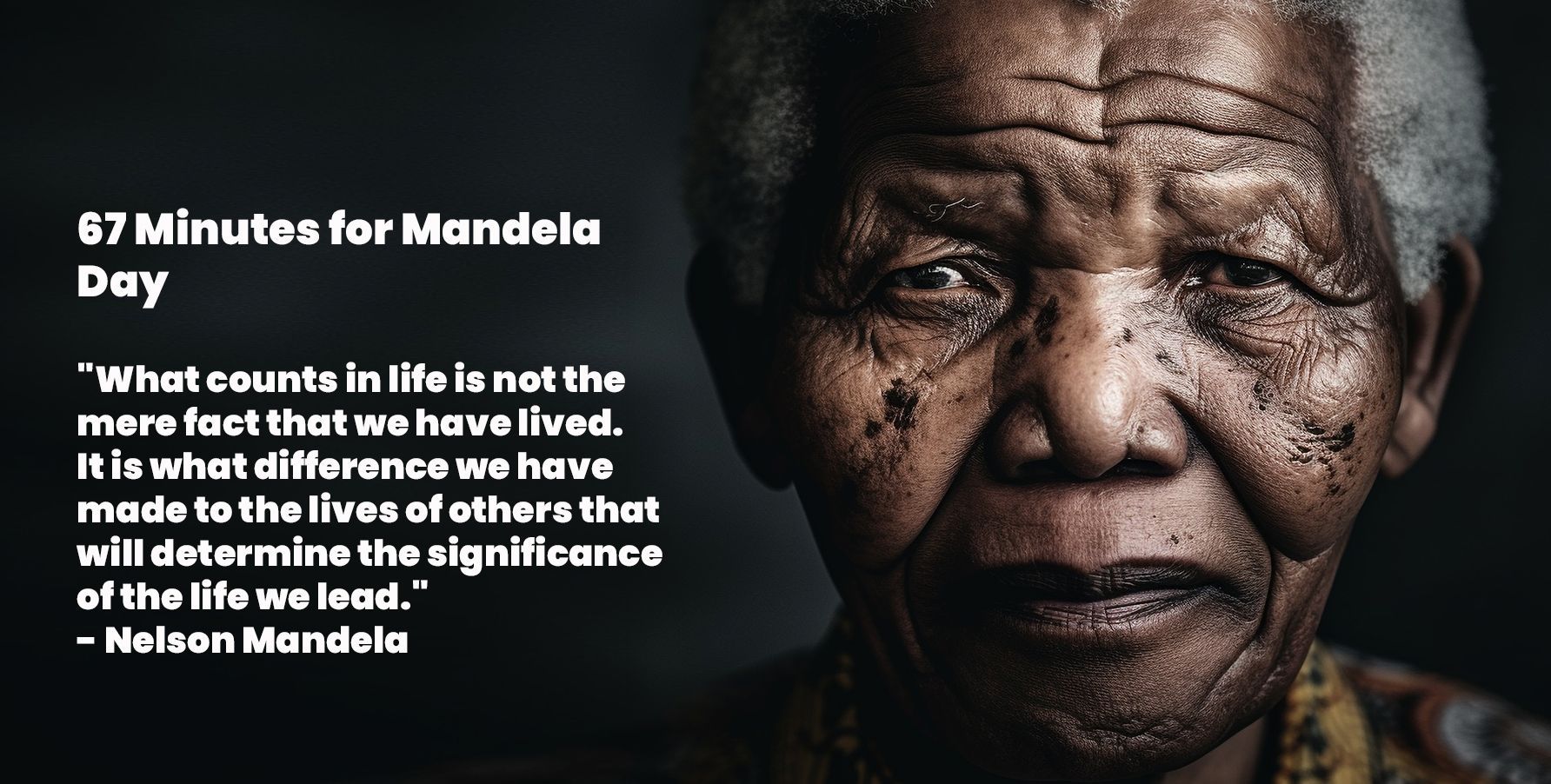
Let us celebrate his life and legacy:
Here is what you can do!
South Africa
67 Blankets For Madiba: Shhh… Secret Scarves Challege 2024!
67 Blankets for Mandela was founded by Carolyn Steyn in December 2013, when Zelda La Grange (Nelson Mandela’s former personal assistant), challenged Carolyn to make 67 Blankets for Mandela Day in 2013. Carolyn committed to the challenge and realised she would need help from friends – so through social media Carolyn rallied those around her and 67 Blankets was formed. It is now a global initiative, having distributed over 165,000 blankets and broken 4 Guiness world records!
To mark 21 years of democracy in South Africa, 67 Blankets created the worlds largest crochet blanket in the world (measuring 3,377m) that was spread over the Union Buildings in Pretoria South Africa!
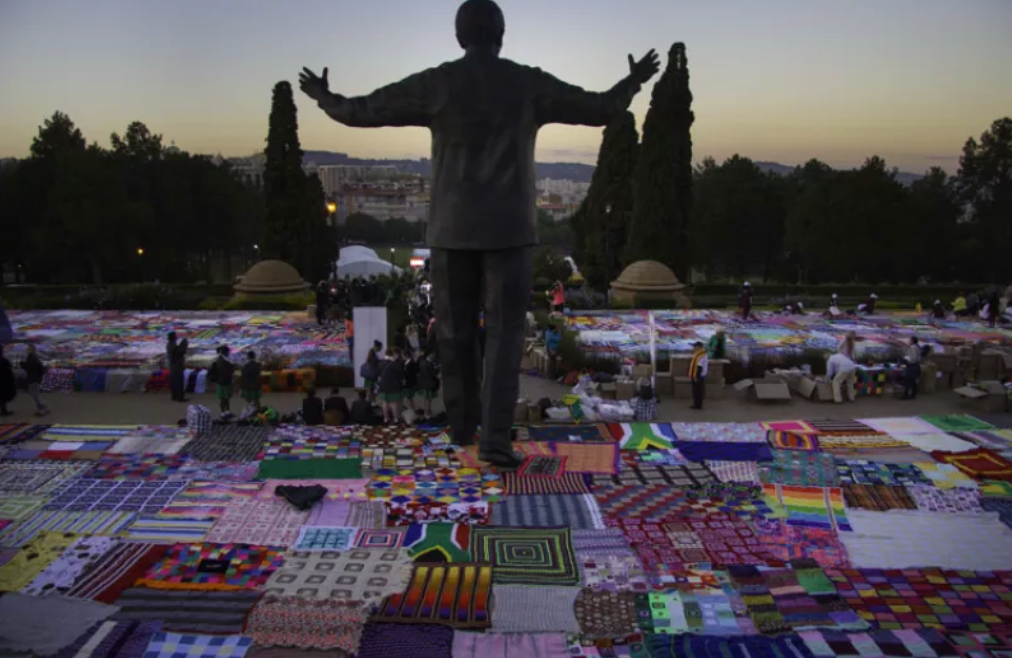
The Challenge this year is for the community to drop scarves in Secret Locations around South Africa. Each scarf will be handmade and can be dropped off at various locations where it will be labelled by 67 blankets with a message that reads:
“I AM NOT LOST. IF YOU ARE COLD AND NEED ME, PLEASE TAKE ME. With LOVE,
67 BLANKETS FOR NELSON MANDELA DAY.”
67Blankets is a Global Initiative and has worldwide representatives – if you are not in South Africa, you can still participate from anywhere in the world! – find your Country Ambassador here.
United Kingdom
Mandela8 – Celebrating Communities
Princess Park in Liverpool has officially created a Memorial dedicated to Nelson Mandela and will be hosting various events around the city. For the full events and ideas list Click here
It doesn’t stop there – here are some ideas of how you can spend your 67 Minutes anywhere in the world:
- Distribute food Parcels
- Volunteer at an Animal Shelter
- Plant a tree
- Volunteer at an Old Age home
- Donate old clothing to the Salvation Army or Shelters in your area.
- Draw a chalk message with your children and post it to social media
- Read a book at a Children’s Home/Shelter
- Involve your company/ organisation to Donate or spend time as a team giving back to the community – create memorable moments with your colleagues by creating challenges
The list is endless – all that is required is 67 Minutes of time dedicated to giving back, spread the love on social media and create global awareness with the hashtags:
#MandelaDay2024 #ItsInYourHands
